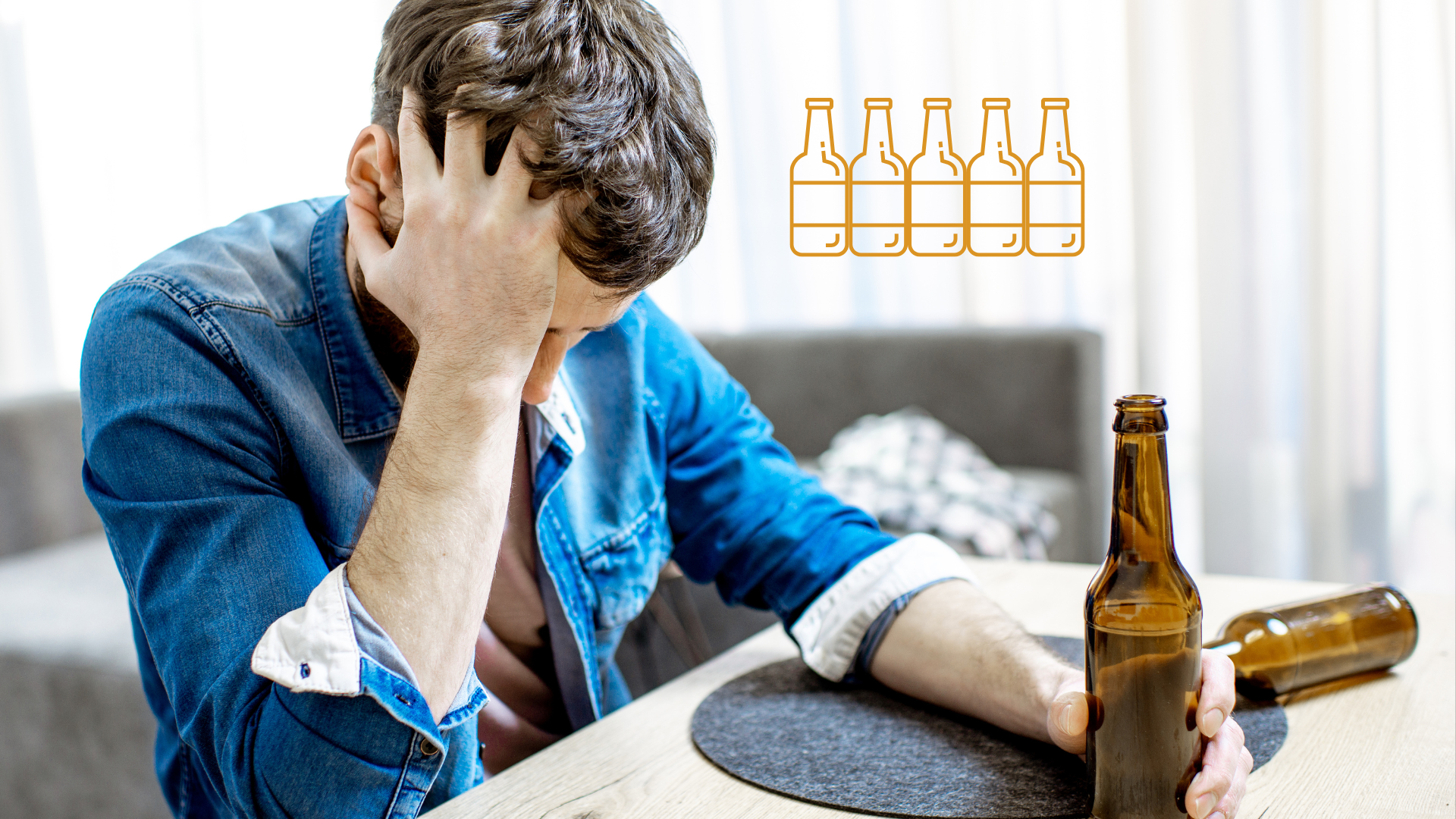Intoxication can impair judgment, mobility and reaction time. In many situations a little inebriation may not seem concerning, but if it is abused it can create major issues.
I committed a crime while intoxicated, can I use it as a defence?
Intoxication as a defence is risky. It suggests you were not fully in control of your actions, but the question is how much control you still had. Unless you were intoxicated to the point of unconsciousness, some control usually remains.
Courts apply the reasonable person test. Would a reasonable person, in the same circumstances, have acted in the same way. This frames arguments about whether your actions were a reasonable mistake or a reasonable response. See Crimes Act 1900 (NSW) Part 11A – Intoxication.
Law also distinguishes between self induced intoxication and involuntary intoxication. Involuntary intoxication, for example where a drink is spiked, is a stronger position because it involves a loss of autonomy. Depending on the charge, intoxication may be relevant to intent or operate as a partial defence. All circumstances are considered. Read more about criminal defences in NSW.
Do I need a lawyer?
If you have been charged, engage a criminal defence lawyer as soon as possible. Your legal team can assess whether intoxication is realistically available and explain the elements of the offence, the onus of proof and the evidence needed.
Your lawyer will obtain the police brief and help build your defence. Depending on the facts, available arguments can include:
- Intoxication (involuntary or self induced, where relevant to intent)
- Self defence
- Sudden or extraordinary emergency
- Mistaken belief of fear or harm
- Reasonable belief of fear or harm
It is challenging to run a criminal matter on your own. Seek expert advice early. For general free information, you can contact LawAccess NSW. For tailored representation, call (02) 8806 0866 or visit our contact page. We can advise on court representation and your next steps.













